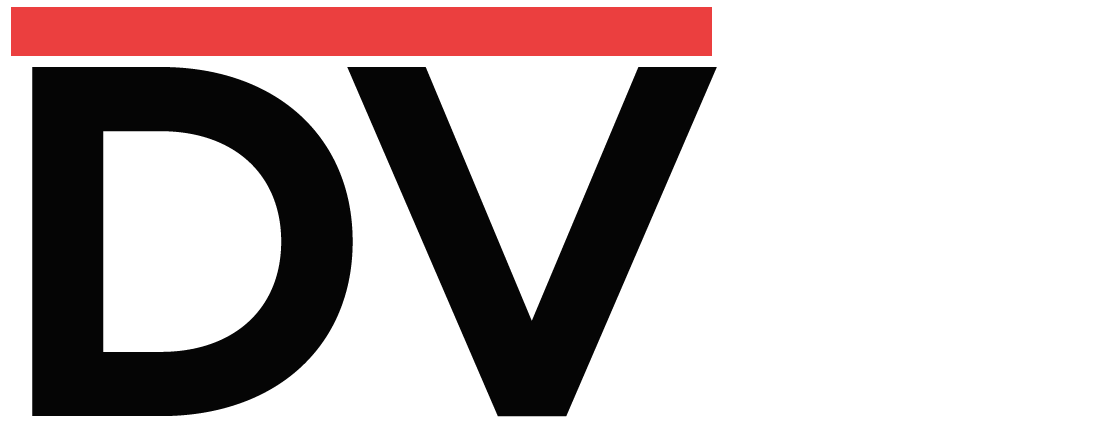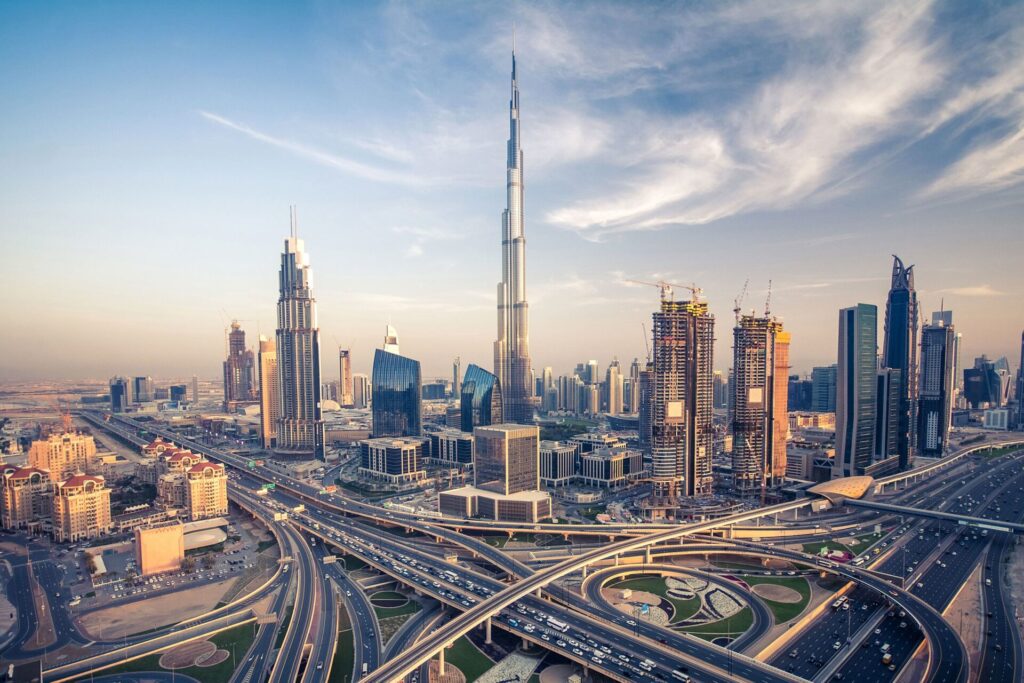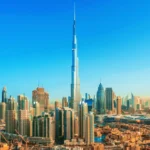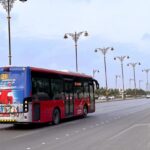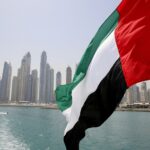DUBAI, UAE: As part of the efforts to make Dubai a leading example in efficient energy and water demand management, the Dubai Supreme Council of Energy (DSCE) in its 81st meeting reviewed updates of the Demand Side Management Strategy for 2030 and 2050 which set well-studied goals to reduce water and electricity consumption and link them to effective programmes in green building activities, building retrofits, efficient operation of industrial and government facilities, and the use of treated wastewater, external lighting, and cooling.
The virtual meeting was presided over by the DSCE Chairman Sheikh Ahmed bin Saeed Al Maktoum in the presence of the Vice Chairman of the Dubai Supreme Council of Energy Saeed Mohammed Al Tayer.
Saeed Mohammed Al Tayer that in line with the vision of the Vice President and Prime Minister of the UAE and Ruler of Dubai Sheikh Mohammed bin Rashid Al Maktoum to promote a green economy and sustainable development, the Council regularly reviews programmes to reduce water and electricity consumption with the participation of public and private organisations.
These efforts aim to achieve standards and mechanisms that demonstrate the effectiveness of implementation and the percentages that have been achieved in energy resource management.
The Secretary-General of the Dubai Supreme Council of Energy Ahmed Buti Al Muhairbi noted that the regular updating of the existing strategies in the Council reflects the degrees of achievement of the set goals to ensure the effectiveness of the existing programmes, in line with the desired goals in the areas of sustainable development for Dubai.
خلال اجتماعه الحادي والثمانين برئاسة أحمد بن سعيد، المجلس الأعلى للطاقة يعتمد زيادة فعالية برامج ترشيد الطاقة والمياه في #دبيhttps://t.co/UWnQ82oXWE pic.twitter.com/JAxrhbIF1t
— Dubai Media Office (@DXBMediaOffice) March 18, 2024
The Council also discussed recommendations to support the strategic direction to increase the infrastructure for electric vehicle charging stations across the Emirate.
The Council looks forward to supporting private companies in building and installing charging stations in line with the public-private partnership model.
By the end of last January, the number of electric and hybrid vehicles in Dubai reached 49,300 vehicles, and more than 390 charging stations were installed.
